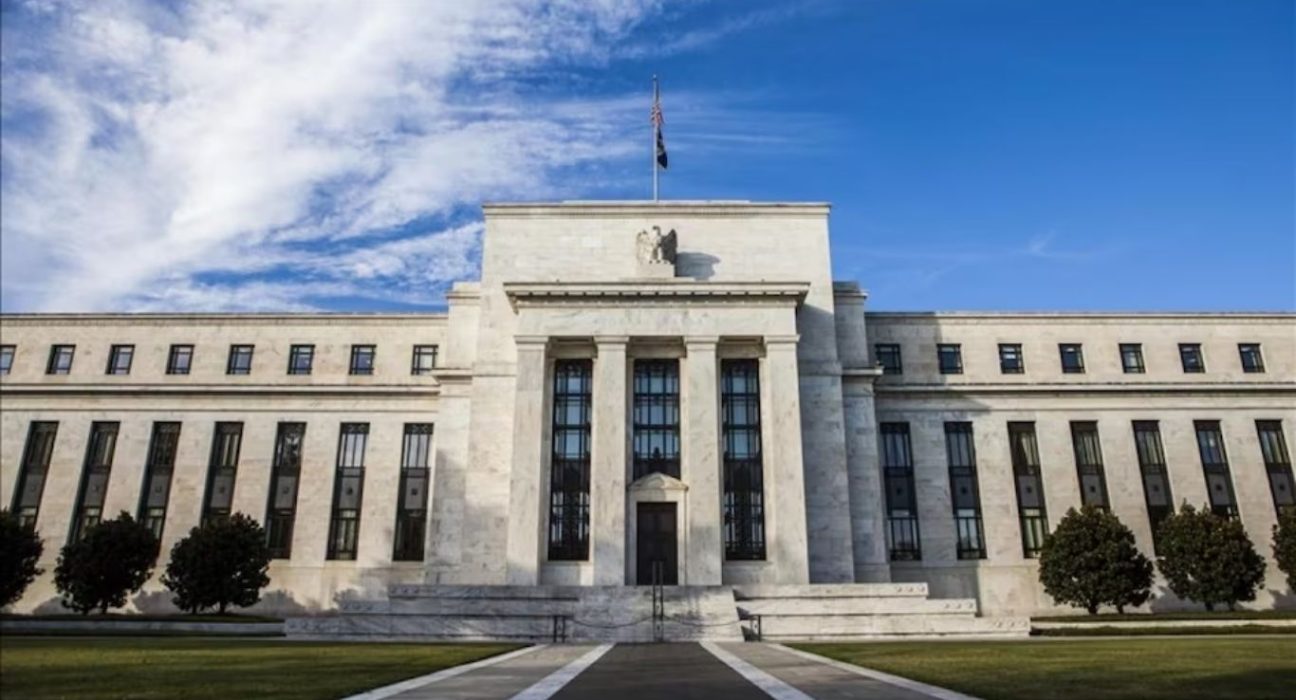Republican Senator Ted Cruz has introduced a bill to block the United States Federal Reserve from launching a retail central bank digital currency (CBDC). The bill seeks to prevent the development of a CBDC that could potentially be used as a tool for financial surveillance by the federal government.
In a statement, Cruz expressed concern over the potential for a government-run CBDC to infringe on the privacy of American citizens. He argued that a digital currency controlled by the government would give officials unprecedented access to financial transactions and could be used to monitor and control citizens’ spending habits.
The bill, known as the “The Sound Money Promotion Act,” also aims to protect the role of the U.S. dollar as the world’s reserve currency. Cruz argues that a government-controlled digital currency could undermine the dollar’s position and threaten the country’s economic stability.
Implications of the Bill
The introduction of Cruz’s bill highlights the growing debate surrounding central bank digital currencies. While some argue that a CBDC could provide benefits such as increased financial inclusion and greater efficiency, others express concerns over privacy, government surveillance, and the potential impact on traditional banking systems.
Cruz’s bill is just one example of how policymakers are grappling with the potential implications of a CBDC. Some countries, such as China, have already launched their own digital currencies, while others, including the U.S., are still exploring the possibility.
If passed, the bill could have significant implications for the development of a U.S. CBDC. While the Fed has not yet announced plans to launch a retail CBDC, it has been actively researching and discussing the possibility. The introduction of Cruz’s bill could delay or even prevent the development of a U.S. CBDC altogether.
The Debate Over CBDCs
The debate over CBDCs is complex, with arguments both for and against their implementation. Supporters argue that a digital currency issued by a central bank could improve financial inclusion, reduce transaction costs, and increase efficiency. CBDCs could also provide a more stable store of value than traditional cryptocurrencies, which are subject to significant price fluctuations.
Critics, however, raise concerns over privacy and government surveillance. A government-run digital currency could potentially give officials unprecedented access to financial transactions and could be used to monitor and control citizens’ spending habits. There are also concerns over the potential impact on traditional banking systems and the role of the U.S. dollar as the world’s reserve currency.










